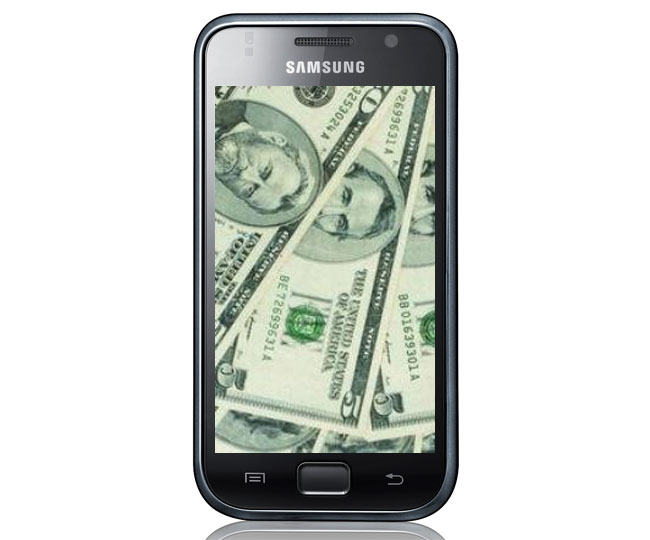Technology: Helping to Make Murderers Famous
Technology helps and it hurts.
When a man pulls a gun, shoots and kills innocent people, and ends up on the cover of TIME magazine within a couple of weeks, something is wrong.
We learn about the incident in full detail, including video footage and interviews from the scene. We learn about the shooter’s motives, down to a YouTube video he posted before the act. We even know details of the MySpace post he made beforehand. All on our cell phones and lap tops and iPads and televisions.
In the past, we had to seek out news. Now, it comes to us with or without a desire to read or see it. Technology makes a murderer a nationally recognized celebrity.
With technology, we should have the ability to pinpoint those who may end up on the front page of the news as the source of a major tragedy. Unfortunately, it can often be blamed for these tragedies at the same time.
Not only does constant news follow us, provided by technological advancements, but it increases the terror and paranoia of the everyday citizen. It also brings a man who should be dismissed from society, after the fact, into the spotlight.
Mark Zuckerberg was TIME’s Person of the Year, yet gets the same promotion as a person who mindlessly attacks, and murders, those who simply have a different opinion.
I recently had a conversation with a respected professor about the pros and cons of technology; how it connects us, yet detaches us. Although it’s an ideal medium to communicate with those personally and truly close to you, it is at the same time a medium that constantly promotes the most shocking, popular, and even horrendous acts in our world.
Knowing about important events, whether they are good or bad, is important. Please don’t misunderstand me. Knowing about the September 11th attacks, right when they happened, is something none of us would do without.
Technology causes uncontrollable behavior, whether good or bad. Giving us the news about a major tragedy in Tucson that has affected hundreds of lives, if not thousands, will always hold importance. Some people might choose to ignore these events, but a majority of us will choose to understand, learn, and comprehend what has occurred.
This technological phenomenon also allows psychopaths to gain spots in history. Major serial killers and terrorists will never be forgotten. The name of the Tucson shooter of recent weeks will be remembered, whether we want it to be or not.
There is no getting around it: we want the news. We want to know what is happening in our world, and especially directly around us. I am a citizen of Phoenix and graduated from the University of Arizona in Tucson in 2007. I want to know this tragedy occurred, and I want to know as much as I can about it.
Yet, by doing so, I am also perpetuating the notoriety of a man, if you can call him that, who is the opposite of myself and those I know. He is the opposite of moral code, and the opposite of any sort of love for the human experience. I want to know about him, but doing so locks him into history.
Walking through the airport, I see this person on the cover of TIME magazine. This tragedy occurred less than two weeks ago, right now, as I am writing this. Most people in this nation, and people in foreign countries, know about this person’s motives, his intentions, and his past. I would bet money that more people know about the Tucson incident than know that today is Martin Luther King, Jr. Day.
Whether we see it or not, whether intentioned or not, we place these demented criminals on pedestals. Not only do we see their disgusting actions through tears of victims, family and friends of victims, and even witnesses who will be haunted for life, but we see their time spent in court and learn about the sympathetic lawyers who attempt to add some kind of logic to their demented clients (and build their resumes at the same time). We explore the criminal’s life, find out why they did what they did, and learn as much as possible about them. We read their MySpace messages and listen to their final goodbyes on YouTube.
This issue can only be discussed, not solved. As Jon Stewart worded it, “You cannot outsmart crazy. Crazy always seems to find a way, it always has.” Yes, it’s dark, but it’s true. The harsh reality is that crazy, no matter how disturbing or disruptive to life and society, will often be noted in history.
But instead of just “noting” the crazy, let’s remember the heroic. Let’s remember those respectable, dignified lives that were cut too short. Read, see, and learn about your own life and your own society through the irreplaceable people taken from us much too soon.
If we are going to use technology for something, in the words of Jon Stewart, “Let’s at least make troubled individuals easier to spot.”


Leave a Reply